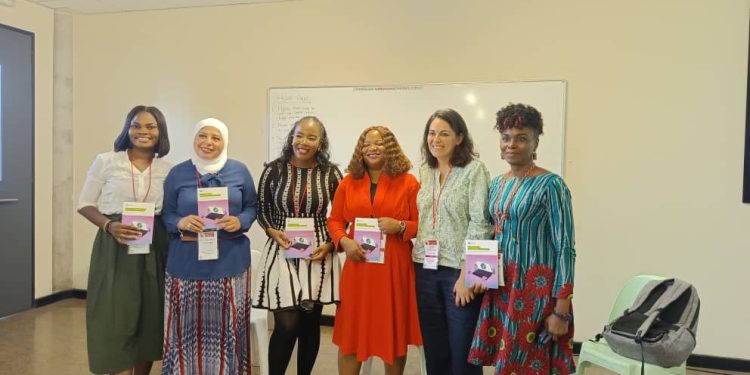The Press Attack Tracker hosted by the Centre for Journalism, Innovation and Development (CJID) has recorded 140 cases of press freedom violations since President Bola Ahmed Tinubu assumed office as the President of the Federal Republic of Nigeria in May 2023.
The 140 attacks range from murder, access denial, sanctions, equipment damage and seizure/property damage, harassment/threats, physical attacks, kidnap, unlawful arrest, cyberbullying and strategic litigations against public participation (SLAPP).
Between 2019 to 2024, the tracker has recorded 759 attacks against journalists, a surge from previous years as documented from 1986.
In her presentation titled, ‘Threats on the rise: What is the Cost of Journalism in Repressive Environments?’ which was delivered at the 20th African Investigative Journalism Conference, Busola Ajibola, Deputy Director of Journalism Program, (CJID) explained that the tracker has recorded a total of 1,239 attacks against journalists.
Giving a breakdown of the attacks, Ajibola said “between 1986-1999, there were 24 incidents; 2000-2006 marked a significant uprising with 180 incidents recorded; 2007-2012 recorded 61 incidents; 2013-2018 recorded 215 incidents with 2019-2024 recording 759 attacks.”
Of all the cases of attacks, Ajibola shared that “a total of 56 attacks have been recorded against female journalists”, stressing that “we are not paying attention to the gender nuances as the report of attacks against journalists do not consider gender disaggregation.”
Ajibola decried that despite 28 Murder cases have been recorded since 1986 “not one person has been prosecuted for any of the murder cases,” which according to her fuels impunity for attacks against journalists.
She noted that journalist are attacked in the course of their work and in some instances because of systemic failure. She thereafter charged reporters to report how press freedom violation affects them.
The CJID Deputy Director of Journalism Program called for “improved welfare coverage for journalists, safety kits for journalists, rallying funds for legal support; justice reformative approach to press freedom because if we must promote press freedom we must improve the knowledge of judges to understand issues of press freedom.”
Speaking on the Human Rights Risk Assessment Framework by UNESCO which is due for a launch in 2025, Ana Cristina Ruelas, Senior Programme Specialist at UNESCO, shared that the digital space is being used to target, track and attack journalists.
Ruelas who underscored the importance of digital platforms as an essential tool for disseminating information and reaching audiences also noted that “digital platforms expose journalists to threats, online violence, disinformation and breach of privacy.”
She noted that the Human Rights Assessment Framework will help to mitigate the risks to journalists’ safety and “not only to protect individuals but akso to uphold freedom of expression and the right to access information.”
Butressing that “protection of the free flow of information and opinion is essential for the functioning of democracy”, Ruelas called for journalists to embrace encryption to protect them in the course of duty.
The session was moderated by Nomshado Lubisi Nkosinkulu, Programme manager at Code for Africa who shared insights on the how attacls against journalists can hamper access to credible information.
The session which was titled ‘UNESCO consultation on the online safety and attacks on journalists’ had in attendance investigative journalists who shared concerns about the urgent need to improve the state of press freedom in Africa.

